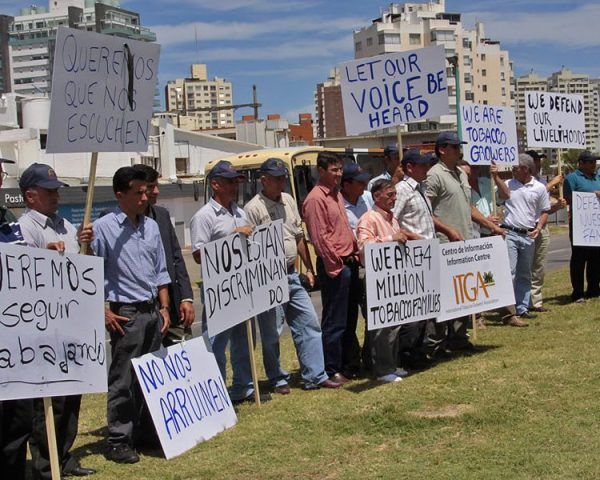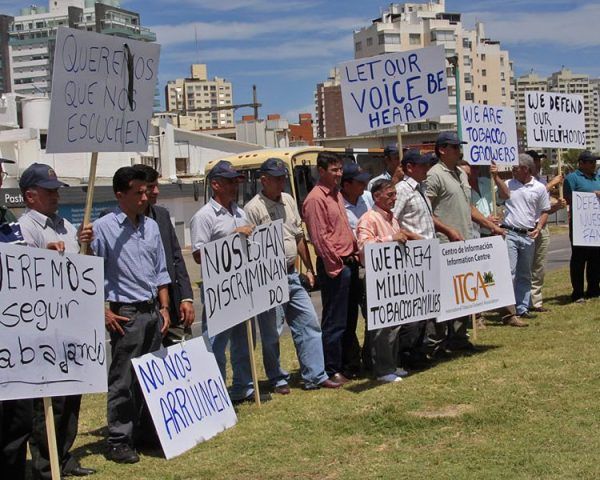COP10 Kicks Off
- Featured News This Week
- February 5, 2024
- 0
- 4 minutes read


The parties to the World Health Organization’s Framework Convention on Tobacco Control will meet this week in Panama for their 10th gathering (COP10). Originally scheduled for November 2023, the event was postponed to Feb 5-10, 2024, due to civil unrest in the host country.
Experts who have been following the preparations expect debates this week about the “tobacco endgame,” which includes nicotine reduction, retailer quotas and generational tobacco purchasing bans. They also anticipate talks on contents and emissions testing and measurements, filters and ventilation, and pricing and tax increases.
In the runup to the event, documents have been released for discussions about extending advertising/sponsorship restrictions to corporate campaigns and newer media; supporting anti-tobacco litigation; and discouraging industry diversification into pharmaceuticals and other areas. Also on the agenda: a proposal to redefine aerosol from tobacco-heating products as smoke—a move that critics have described as an attempt to rewrite basic scientific principles.
In addition, the COP delegates will consider recognizing tobacco control as fundamental to the right to health, clearing the way to attack the industry as a violator of human rights and subject it to additional liability. Participants in the Panama event will likely also debate emerging evidence on new products. They may push for e-cigarettes and tobacco-heating products to be regulated like combustible cigarettes, a development that critics say is not based on science and would discourage the tobacco harm reduction efforts that have been underway in many countries.
Industry officials, grower representatives and consumer groups have criticized the COP for its exclusionary practices and what they view as a prohibitionist agenda. While FCTC Article 5.3 instructs member states to protect policymaking from undue industry influence, critics say this provision has been used as an excuse to shut down all communications.
“The [FCTC] treaty, which came into force in 2003 and held its first COP in 2005, originally had the very legitimate aim of controlling tobacco consumption in order to counter its harmful effects on health,” said Jose Javier Aranda, president of the International Tobacco Growers Association, in a statement.
“Since then, its objectives have been radically modified. Throughout the treaty’s long history, tobacco growers and their legitimate representatives at global level, the International Tobacco Growers’ Association have observed an increase in the radicalization of the methods applied by the FCTC, in which exclusion and lack of transparency have set the tone.”
“At COP10, decisions are being made without the input of those most affected—the consumers. This exclusion is unacceptable. Harm reduction saves lives, and it’s imperative that this is recognized and integrated into global tobacco control policies, said Michael Landl, director of the World Vapers’ Alliance, in a statement.
“By sidelining the voices of those directly impacted, the WHO FCTC is ignoring a fundamental human rights issue,” said Nancy Loucas, executive coordinator of The Coalition of Asia Pacific Tobacco Harm Reduction Advocates. “Individuals seeking to protect their loved ones and themselves from the harms of smoking are being denied access to less harmful alternatives. This is not just a failure in policy but a failure in compassion.”
COP10 will be followed the third session of the Meeting of the Parties to the Protocol to Eliminate Illicit Trade in Tobacco, Feb 12-15.
